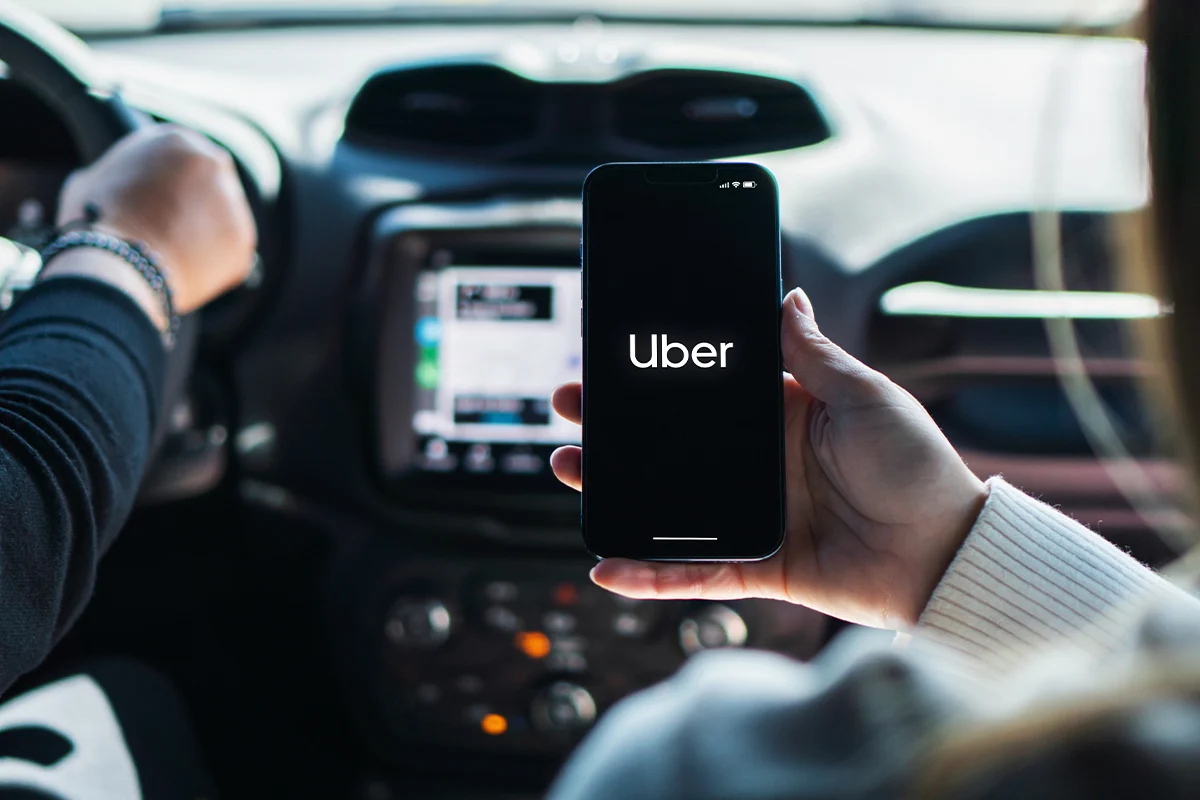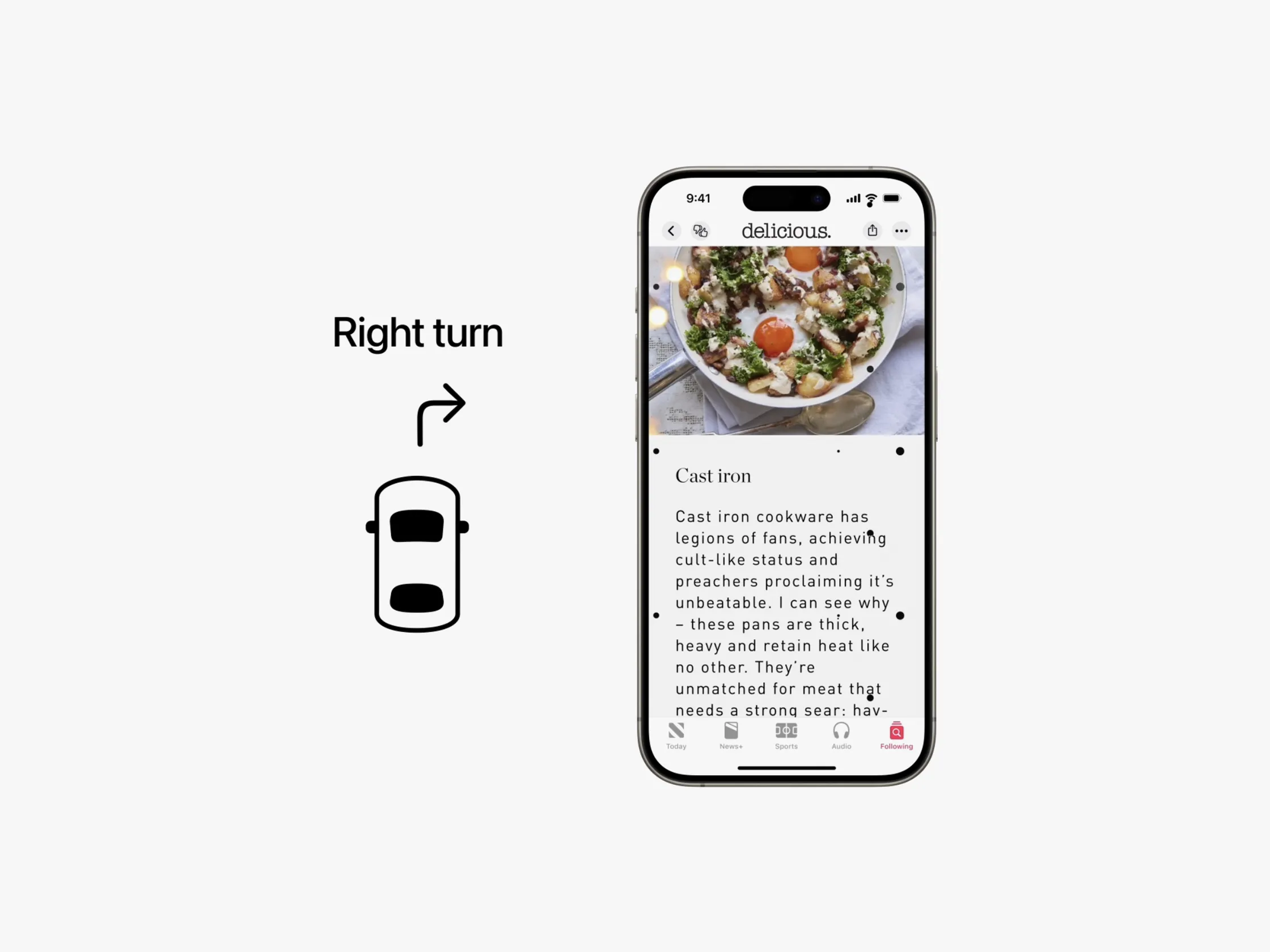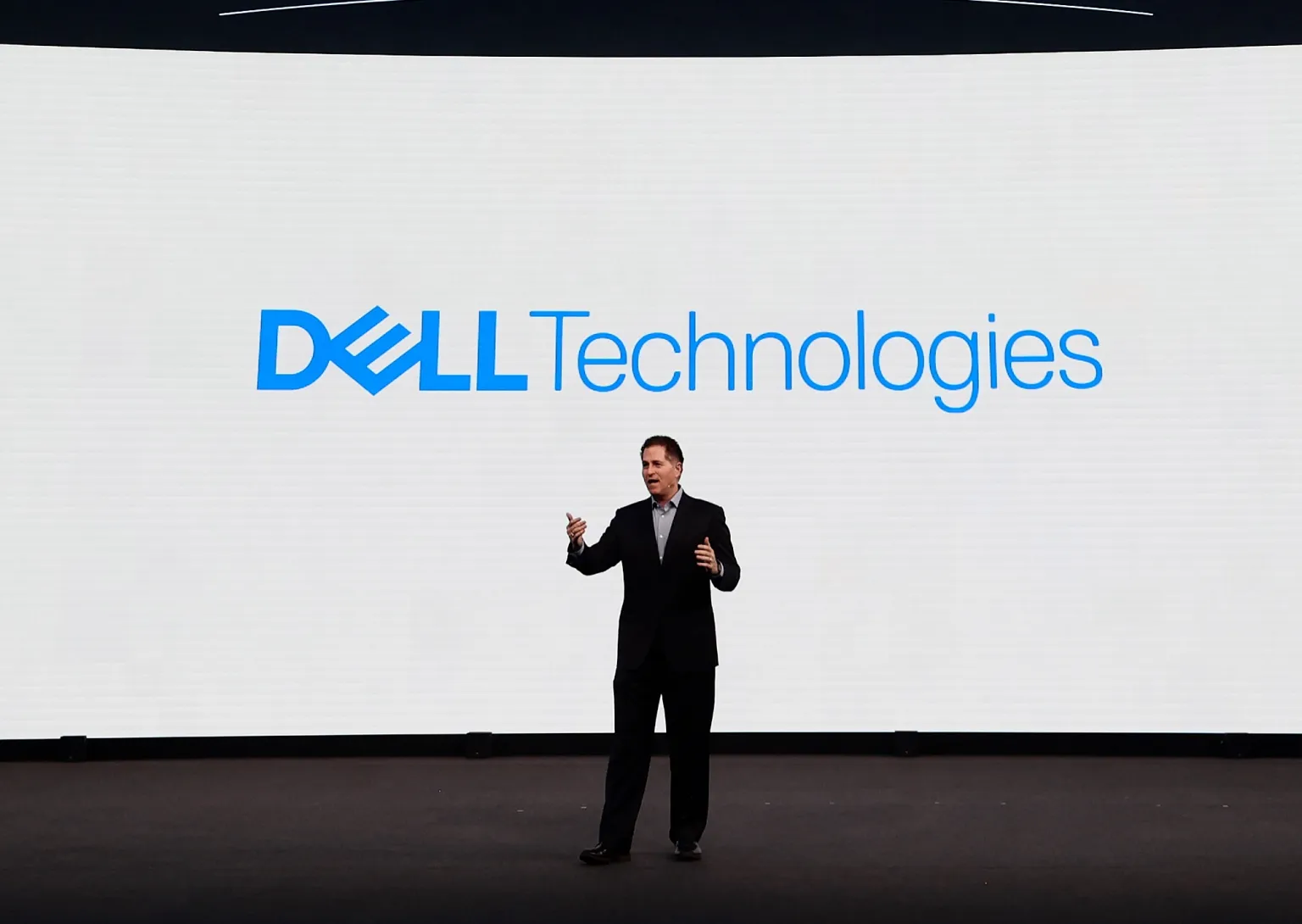Uber and Lyft continue to operate in Minneapolis after driver salary regulations were adjusted

22:21 21/05/2024

2 phút đọc
Uber and Lyft will continue to operate in Minneapolis after the Minnesota legislature approved a lower minimum wage for drivers over the weekend, according to reports from the Minnesota Reformer and StarTribune . If the bill passes, the new rates will take effect on January 1, 2025 and ensure drivers are paid at least 31 cents per minute and $1.28 per kilometer.

Last March, Uber and Lyft threatened to stop operating in Minneapolis after the city government passed a decree increasing fares to 51 cents per minute and $1.40 per kilometer when carrying passengers. Ride-hailing companies say the decree “faces many inadequacies” because the city government decided on prices before the state released a study on the salary needed for drivers to meet Minneapolis’ minimum wage.
The new salary proposed by Minnesota lawmakers would replace a decree passed by Minneapolis officials. In addition to establishing a statewide minimum wage, the bill would allow Uber and Lyft drivers to appeal their account suspensions, as well as claim on their vehicle insurance and compensation for injuries sustained while on the job.
“Through direct cooperation with all stakeholders, we have found enough common ground to balance driver pay increases with customer affordability and service maintenance,” Lyft spokesperson CJ Macklin said in an emailed statement to The Verge. Uber spokesman Josh Gold told The Verge that the company will continue to provide service in the state even though “upcoming price increases could impact both riders and drivers.”
The only remaining procedure is for Minnesota Governor Tim Walz to sign the bill. During a news conference Saturday, Walz said this would allow people in Minnesota to “continue to use these services as they see fit.” Last year, Governor Walz vetoed a bill that he said would make Minnesota one of the most expensive states for ride-hailing services.
In 2020, Uber and Lyft threatened to stop offering their services in California because of a new law classifying their drivers as employees. This isn’t the end of Uber and Lyft’s costly driver classification problem, either. The companies are facing a lawsuit in Massachusetts accusing the ride-hailing services of falsely classifying their drivers as independent contractors, while New Jersey is suing Lyft on similar grounds.
Bài viết liên quan
Palm Mini 2 Ultra: Máy tính bảng mini cho game thủ
Robot with smart grip
NASA’s goal of conquering the Sun
Apple launches a new feature that makes it easier to use your phone while sitting on vehicle
Google Photos launches smart search feature “Ask for photos”
Roku streams live MLB baseball games for free
Gun detection AI technology company uses Disney to successfully persuade New York
Hackers claim to have collected 49 million Dell customer addresses before the company discovered the breach
Thai food delivery app Line Man Wongnai plans to IPO in Thailand and the US in 2025
Google pioneered the development of the first social networking application for Android
AI outperforms humans in gaming: Altera receives investment from Eric Schmidt
TikTok automatically labels AI content from platforms like DALL·E 3
Dell’s data was hacked, revealing customers’ home address information
Cracking passwords using Brute Force takes more time, but don’t rejoice!
US lawsuit against Apple: What will happen to iPhone and Android?
The UAE will likely help fund OpenAI’s self-produced chips
AI-composed blues music lacks human flair and rhythm
iOS 17: iPhone is safer with anti-theft feature
Samsung launches 2024 OLED TV with the highlight of breakthrough anti-glare technology

REGISTER
TODAY
Sign up to get the inside scoop on today's biggest stories in markets, technology delivered daily.
By clicking “Sign Up”, you accept our Terms of Service and Privacy Policy. You can opt out at any time.
































Nhận xét (0)